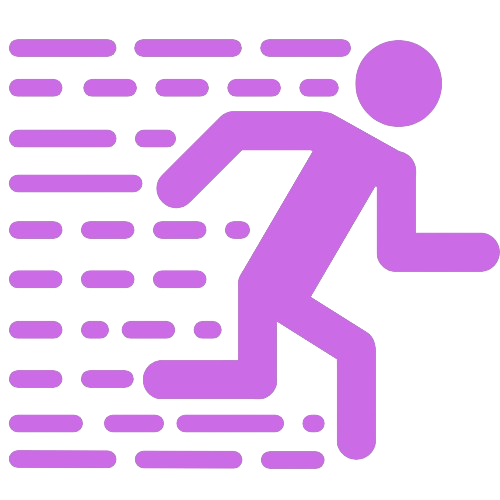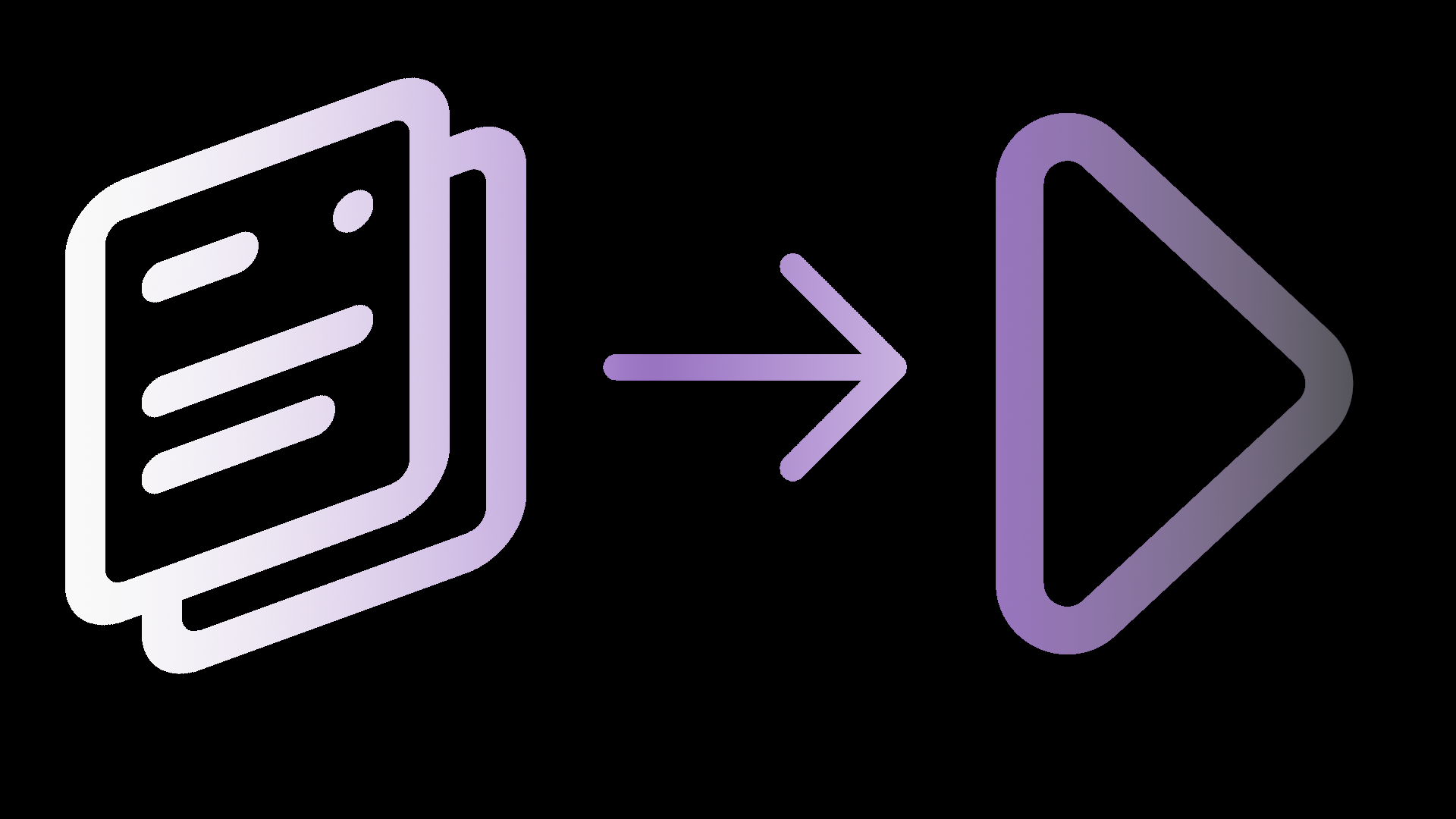I wanted to draw out a concept elaborated by T.K. Coleman in an interview with Tiago Forte:
Policies are not the antithesis of play. Policies are part of the essential structure of a game itself. What’s the first thing that we do when we have free time? We play, and what’s the first part of playing a game? It’s … inventing limitations that we know aren’t real, but we treat them as if they have the power to lord over us.
I was prompted heavily to think about this after my repeated encounters with breaks. After a finals week, my schedule shifts from entirely complete to empty. And just as in kingdoms, a sudden power shift can create a power vacuum that puts my time and actions up for auction, allowing distractions held back by busyness to pounce. So, what’s the solution?
Well, this made me think about how best to spend a break. Despite my thoughts that I needed a self-indulgent recovery period, what really would help is stepping away from strained activities and dusting off old activities. Reading, exercise, and cleaning are all ways to grease the cogs while being fun, depending on the book, audiobook, or podcast accompanying an adventure. A well-encompassing term for this is momentum.
It’s easy to let your well-attended-to habits carry your life while cruising in the rush of closing another chapter. It certainly is. In these times, focus on the momentum of your productivity. While exercising, have you noticed that stopping creates fatigue and soreness once your muscles are warm? Stretching (pun intended) this as a metaphor, halting keystone habits relating to hygiene, personal study, and all other myriads of attention hinders progress and momentum. Ponder this:
Speeding up is more manageable than starting. Keeping bite-sized and enjoyable habits at all costs is critical to maintaining momentum.
Now, let’s tie this to the quote. Essentially, Coleman said that policy is required for play. Then, we can equate the intensity of policy to the amount of rules. Athletes enjoy fostering variety in the rules of the sports in which they compete. If athletes only played in professional contexts, and conversely, if you only enforced policy in high-pressure situations, it would be draining and, more importantly, tough to switch contexts.
Imagine a life where systems allowed different intensities of policy (with foundational policy intact, think policy critical to mental, spiritual, and physical health). Would it be much more simplistic to increase the load on these systems and speed than scrambling to pair newly-created methods to problems? I would think so.


Leave a Reply
You must be logged in to post a comment.